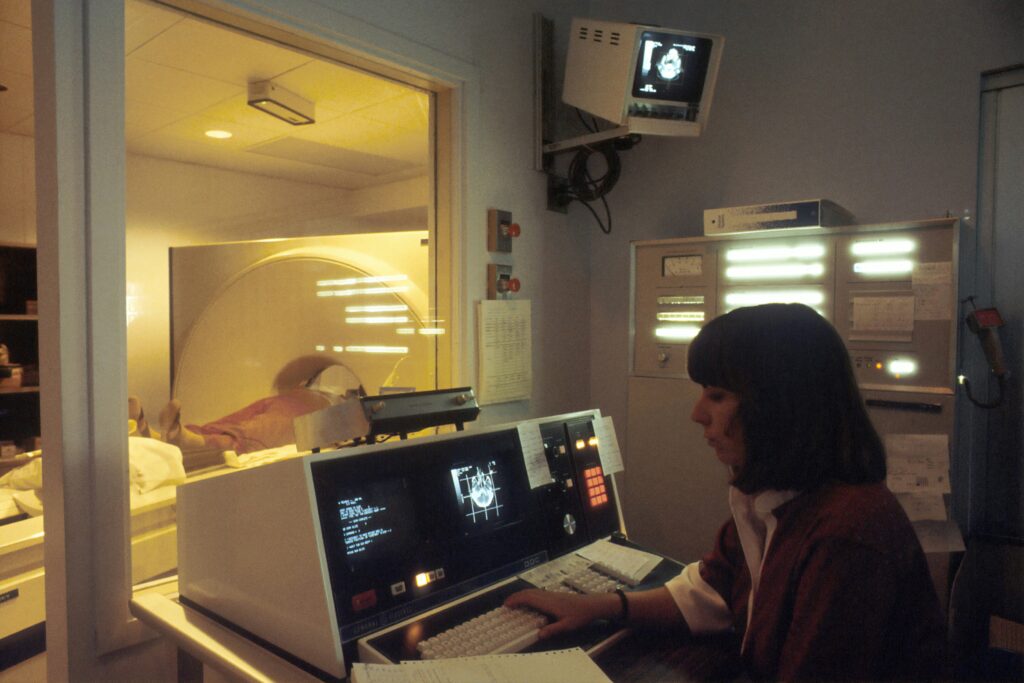
A groundbreaking study from the University of Iowa has unveiled potential new treatment avenues for Malignant Peripheral Nerve Sheath Tumor (MPNST), a rare and aggressive childhood cancer. The research highlights metabolic vulnerabilities within the cancer cells that could be leveraged to develop more effective therapies.
MPNST predominantly affects teenagers and young adults, characterized by rapid growth and a high propensity for metastasis, which is the primary cause of mortality in affected patients. Current treatment options are limited, with no targeted therapies available for metastatic disease. This study, led by Dr. Eric Taylor and Dr. Rebecca Dodd, identifies a crucial metabolic pathway that could serve as a novel therapeutic target.
Targeting Cancer Metabolism to Slow Tumor Progression
In their quest to understand the intricacies of MPNST, the University of Iowa researchers employed gene editing techniques to develop research models that closely mimic the genetic mutations driving the cancer in patients. These models were then subjected to advanced genomic and metabolomic analyses to delineate the metabolic pathways facilitating tumor growth.
The study, published in Science Advances, discovered that MPNST cells are heavily reliant on the Pentose Phosphate Pathway (PPP). This pathway metabolizes sugar to produce a vital antioxidant molecule, enabling the cancer cells to withstand oxidative stress and promote tumor proliferation. By inhibiting the PPP, researchers observed a marked reduction in tumor growth and increased susceptibility to chemotherapy.
“This is the first time this specific metabolic pathway has been linked to MPNST tumor growth, making it a completely new target for therapy in this cancer type,” Dr. Rebecca Dodd stated. “It opens the door to treatment strategies that haven’t been explored before and could lead to more effective treatments and better outcomes for patients who urgently need new options.”
Collaboration and Expertise Drive Research Forward
The study is a testament to the power of collaboration, combining Dr. Dodd’s expertise in cancer biology with Dr. Taylor’s knowledge of metabolism. The research was spearheaded by Gavin McGivney, a graduate student from Bayard, Iowa, who has since transitioned to a postdoctoral position at the University of Chicago. The team also included researchers from the University of Iowa’s Departments of Internal Medicine, Molecular Physiology and Biophysics, and Radiation Oncology, as well as collaborators from Washington University School of Medicine, the University of Texas MD Anderson Cancer Center, and the University of Toronto.
Funding for the research was provided by several prestigious organizations, including the Children’s Tumor Foundation, the National Institutes of Health, the American Heart Association, the U.S. Department of Defense, and the American Cancer Society through the Holden Comprehensive Cancer Center.
Implications and Future Directions
The identification of the PPP as a critical metabolic pathway in MPNST cells not only provides a new target for therapeutic intervention but also underscores the potential of metabolic pathways in cancer treatment. This approach could pave the way for the development of drugs that specifically disrupt the metabolic processes cancer cells depend on, offering hope for improved survival rates and quality of life for patients.
Looking forward, the research team plans to further explore the therapeutic potential of targeting the PPP in MPNST and other similar cancers. Clinical trials could be on the horizon, aiming to translate these findings into viable treatment options. As researchers continue to unravel the complexities of cancer metabolism, the prospects for innovative and effective treatments grow ever more promising.





